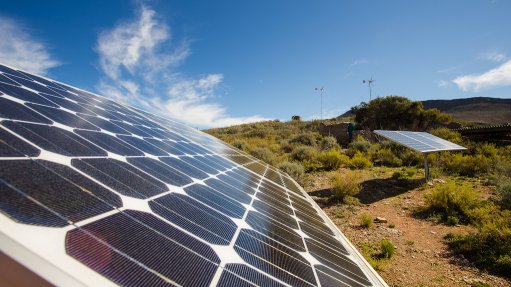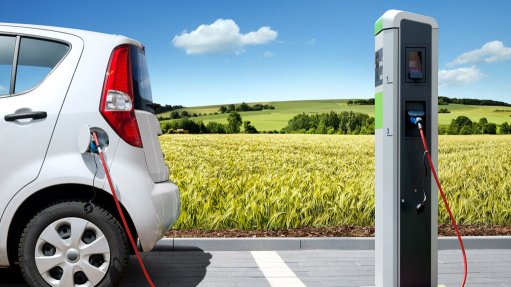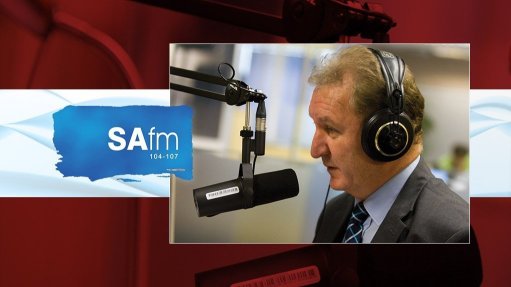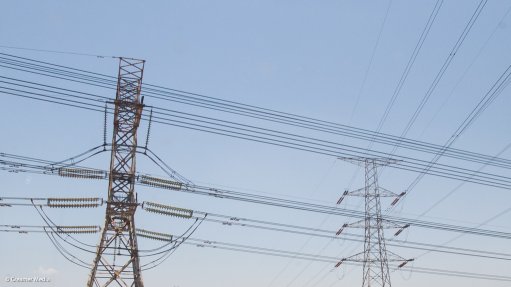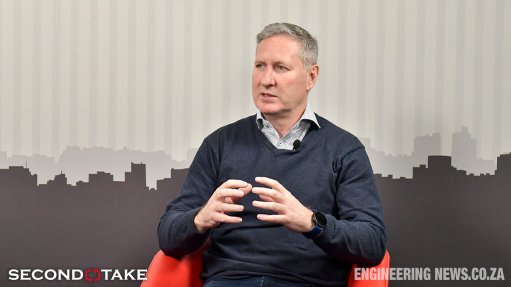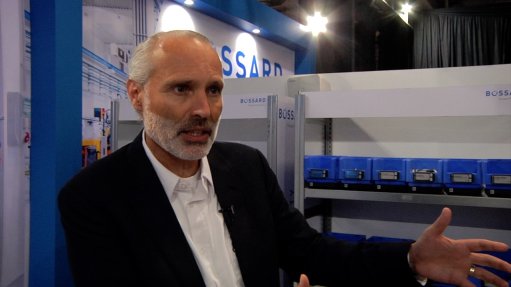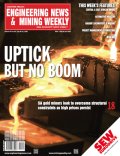IATA highlights top priorities for global air cargo industry
The International Air Transport Association (IATA), which is the global representative body for the airline industry, believed that the three priorities for the air cargo sector were, in the order given by the association, sustainability, digitalisation and safety. Focusing on these would allow the sector to maintain the momentum it developed during the period of the Covid-19 pandemic, despite an operating environment described by IATA as “challenging”.
“Air cargo is a different industry than the one that entered the pandemic,” highlighted IATA global head of cargo Brendan Sullivan, addressing the association’s sixteenth World Cargo Symposium, in Istanbul, Türkiye, on Tuesday. “Revenues are greater than they were pre-pandemic. Yields are higher. The world learned how critical supply chains are. And the contribution of air cargo to the bottom line of airlines is more evident than ever. Yet, we are still linked to the business cycle and global events. So, the war in Ukraine, uncertainty over where critical economic factors like interest rates, exchange rates and jobs growth [are,] are concerns that are real to the industry today. As we navigate the current situation, air cargo’s priorities have not changed, we need to continue to focus on sustainability, digitalisation and safety.”
The aim of the aviation industry, adopted by IATA in 2021 and by the intergovernmental International Civil Aviation Organisation last October, is to have net-zero carbon emissions by 2050. No less than 65% of the required cut in carbon emissions will come from the adoption of sustainable aviation fuels (SAF) by operators.
“SAF is being produced,” he pointed out. “And every single drop is being used. The problem is that the quantities are small. The solution is government policy incentives. Through incentivising production, we could see 30-billion litres of SAF available by 2030. That will still be far from where we need to be. But it would be a clear tipping point towards our net zero ambition of ample SAF quantities at affordable prices.”
IATA is also supporting the development of an accurate and standardised emissions calculation methodology and will launch CO2 Connect for Cargo later this year, which is a tool that will allow the precise calculation of emissions produced by air cargo operations. Further, it is widening the ambit of the IATA Environmental Assessment to also cover airports, cargo handling facilities, ramp handlers and freight forwarders. And it is developing standardised environmental, social and governance metrics for airlines.
Digitalisation provides the greatest opportunity to increase the efficiency of air cargo operations. There are three main elements to this. One is simply to ensure compliance and support for State processes, such as customs and trade facilitation, that are increasingly being digitalised. Another is making sure that digital standards are implemented that support worldwide supply chains; in this regard, guidance (“IATA Interactive Cargo guidelines”) for time- and temperature-sensitive cargo tracking devices has been finalised. But the element listed first by IATA is having every airline capable of using the “ONE Record” transport document data standard, by January 2026. This will provide a single record for every shipment, which is not currently the case.
“Alongside sustainability and efficiency is safety,” stressed Sullivan. “The agenda for air cargo continues to be dominated by lithium batteries. A lot has been done. But, quite honestly, it is still not enough.”
IATA wanted State authorities to crack down hard on rogue shippers, who send lithium batteries in cargo or mail, without declaring them. It also sought the acceleration of the development of containers resistant to lithium battery fires. And the association urged governments to recognise the single standard for the identification of lithium battery-powered vehicles (set to take effect on January 1, 2025).
Comments
Announcements
What's On
Subscribe to improve your user experience...
Option 1 (equivalent of R125 a month):
Receive a weekly copy of Creamer Media's Engineering News & Mining Weekly magazine
(print copy for those in South Africa and e-magazine for those outside of South Africa)
Receive daily email newsletters
Access to full search results
Access archive of magazine back copies
Access to Projects in Progress
Access to ONE Research Report of your choice in PDF format
Option 2 (equivalent of R375 a month):
All benefits from Option 1
PLUS
Access to Creamer Media's Research Channel Africa for ALL Research Reports, in PDF format, on various industrial and mining sectors
including Electricity; Water; Energy Transition; Hydrogen; Roads, Rail and Ports; Coal; Gold; Platinum; Battery Metals; etc.
Already a subscriber?
Forgotten your password?
Receive weekly copy of Creamer Media's Engineering News & Mining Weekly magazine (print copy for those in South Africa and e-magazine for those outside of South Africa)
➕
Recieve daily email newsletters
➕
Access to full search results
➕
Access archive of magazine back copies
➕
Access to Projects in Progress
➕
Access to ONE Research Report of your choice in PDF format
RESEARCH CHANNEL AFRICA
R4500 (equivalent of R375 a month)
SUBSCRIBEAll benefits from Option 1
➕
Access to Creamer Media's Research Channel Africa for ALL Research Reports on various industrial and mining sectors, in PDF format, including on:
Electricity
➕
Water
➕
Energy Transition
➕
Hydrogen
➕
Roads, Rail and Ports
➕
Coal
➕
Gold
➕
Platinum
➕
Battery Metals
➕
etc.
Receive all benefits from Option 1 or Option 2 delivered to numerous people at your company
➕
Multiple User names and Passwords for simultaneous log-ins
➕
Intranet integration access to all in your organisation






